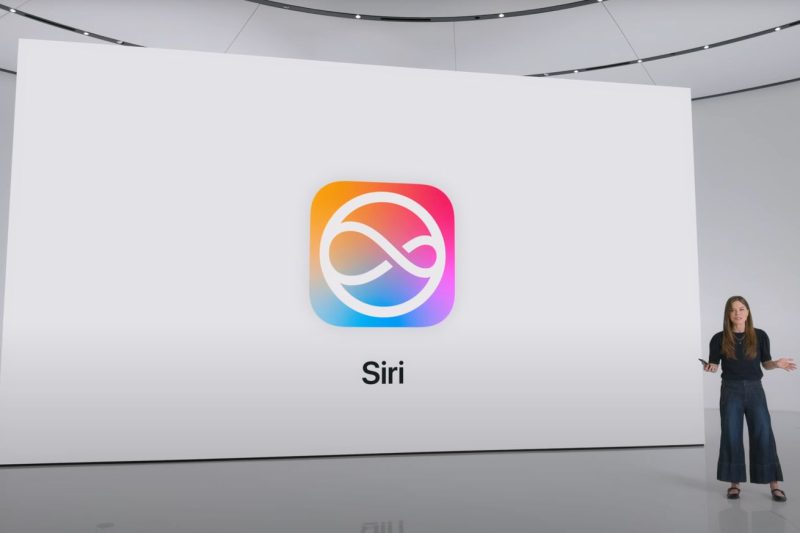In recent years, voice assistants have become an integral part of our lives, revolutionizing the way we interact with technology. From simple tasks like setting reminders to more complex operations like controlling smart home devices, voice assistants have significantly improved user convenience. However, despite their widespread adoption, there is a growing consensus that a significant reinvention of voice assistants is on the horizon.
One key aspect of this reinvention is the move towards more personalized and context-aware interactions. While current voice assistants can perform a variety of tasks, they often lack the ability to understand the user’s context and tailor their responses accordingly. By incorporating more advanced artificial intelligence algorithms and machine learning techniques, the next generation of voice assistants will be able to provide more customized and relevant information to users.
Moreover, the future of voice assistants lies in their ability to seamlessly integrate with other devices and services. As the Internet of Things (IoT) continues to grow, voice assistants will play a crucial role in connecting and controlling various smart devices in our homes and workplaces. This integration will not only streamline daily tasks but also enhance overall user experience.
Furthermore, the reinvention of voice assistants will also focus on improving their natural language processing capabilities. Current voice assistants often struggle to understand complex commands or questions, leading to frustration among users. By enhancing their language understanding and response generation capabilities, the next generation of voice assistants will be more adept at handling natural and conversational interactions.
Another important aspect of the reinvention of voice assistants is their enhanced security and privacy features. As voice assistants become more integrated into our daily lives, concerns about data privacy and security have become more prominent. Future voice assistants will need to implement robust encryption protocols and user authentication mechanisms to safeguard sensitive information and ensure user privacy.
Additionally, the reinvention of voice assistants will also involve expanding their functionalities beyond traditional tasks. Future voice assistants will be able to provide personalized recommendations, offer proactive suggestions, and even engage in more meaningful conversations with users. By leveraging advanced technologies such as natural language understanding and emotional intelligence, voice assistants will become more human-like and engaging.
In conclusion, the much-needed reinvention of voice assistants is on the horizon, promising more personalized, context-aware, and integrated user experiences. By harnessing the power of artificial intelligence, machine learning, and natural language processing, the next generation of voice assistants will revolutionize the way we interact with technology and enhance our daily lives in profound ways. As we embrace this new era of voice assistants, the possibilities for innovation and advancement are truly limitless.

